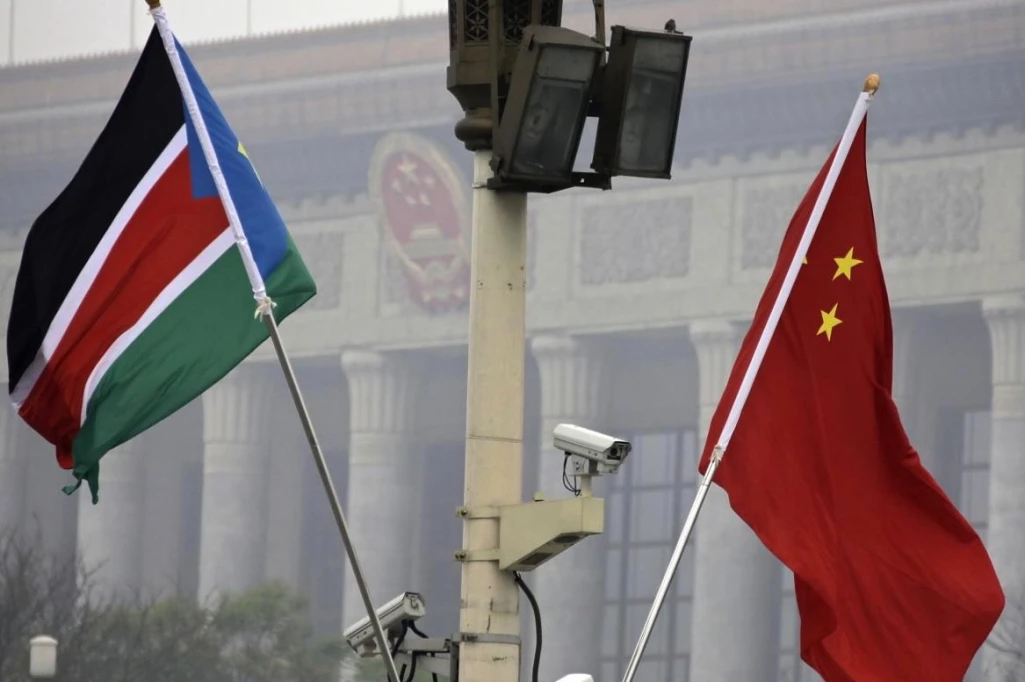
South Sudan Chamber of Commerce has revealed that it is working closely with the Chines government to secure direct trade deals for local traders.
The specialized committee on trade and investment at the national transitional legislative assembly (TNLA) said South Sudanese traders lack direct access to Chines market.
Hon. Wilson Lodiong, Chairperson of the specialized committee at TNLA, says foreign traders dominating the market in the country should stop and empower the locals to make direct trade in the international markets.
He said the government had reached a deal with China to allow the Chamber of commerce to select some traders and introduce them to the Chinese embassy to buy goods directly from China.
“We are trying to avoid the middle people sabotaging our traders not to do enough. Our meeting with the Chamber of commerce is to explore ways whether we can be able to get a direct link with the Chinese businessmen so that we exchange also visits our traders can go to China and assess what is going there,” he said.
Ladu Lukak, Chairperson of the South Sudan Chamber of Commerce, welcomed the move saying it will reduce the high prices in the market.
He said the foreign traders had been the ones controlling the market products supply from other countries into South Sudan markets, making it hard to improve trade in the country.
Lukak says the local traders will be required to register with the Chamber of Commerce to benefit from the new deal.
“We need our traders to do their work directly, not to be shareholders or to be supplied by blockers which are not South Sudanese.”
The top tycoon in the country stated that the business is paralyzed due to the country’s trade system and even not giving local traders a chance to grow.
In 2020, South Sudan had a large net trade with China in the exports of Mineral Products, Machines, Plastics and Rubbers.
The Chinese government has been actively involving in South Sudan’s economic and social construction, which include building hospitals and schools, digging wells, providing medical equipment, musical instruments, anti-malaria drugs and other emergency humanitarian supplies, as well as human resources training.